Admissions in Delhi University colleges under the first cut-off list begin Friday. Candidates can enrol under the first list till July 1. This year, the university will come out with five cut-offs. The second, third, fourth and fifth lists will be announced on July 4, July 9, July 15 and July 20, respectively.
As students go college and course hunting, here are a few important pointers to keep in mind.
How to proceed
After the first list is declared, applicants should log in to the admission portal to choose a college and course from a list of colleges and courses they are eligible for. The applicant proceeds to the respective colleges for admission with original copies of all requisite documents.
The applicant presents the documents to the college for verification, after which the principal approves the admission. In case all documents cannot be verified online, the college will give provisional admission. Admitted students have to produce originals of mandatory documents within a week of the last day of undergraduate admissions for forensic verification, failing the provisional admission may be cancelled.
The applicant will receive a link on their portal to pay the fee online. Students should pay up within 24 hours after the approval of admission by the head of institution and save the acknowledgement slip bearing transaction ID, credit card/ debit card/ net banking details and date of transaction as a proof for future reference. On successful payment of fees, the applicant is granted provisional admission to the said college.
Documents to carry
Students need to carry a printout of the form from the admissions portal, the required supporting original documents along with their photocopies and three recent passport-size photographs. The applicants need to produce the following documents in original with two sets of self-attested photocopies at the time of admission — class 10 and 12 mark sheets, SC/ST/OBC/EWS/CW/KM certificate issued by the competent authority, OBC (non-creamy layer) certificate wherein the caste is in the OBC central list and EWS certificate or acknowledgement slips from competent authority certifying the applicant can claim reservation under this category
Prefer course over college
Candidates should prefer courses over colleges, university officials said. Principals of many north campus colleges advised that students should opt for the courses of their choice wherever they meet the eligibility criteria.
Manoj Khanna, principal of Ramjas College, said it is important to take admission in a preferred course because their career depends on that choice. “The students should think their entire career is dependent on what course they choose for graduation. If they go for a college and not the course, they might end up choosing an unsuitable course for themselves,” he said.
Rama Sharma, principal of Hansraj College, said students should understand that they will get a similar degree irrespective of the college they graduated from. “All Delhi University colleges offer similar courses and students will get similar education everywhere. Even the degrees they get after graduating from the university do not mention the name of the college. Also, Delhi students should prefer colleges near their residence because it will save travel time and energy,” she said.
Options other than regular DU Colleges
Those who are unable to secure a berth in regular courses due to the soaring cut-offs can opt for other options such as the School of Open Learning (SOL) and Non-Collegiate Women Education Board (NCWEB). While the former invites applications from all students, the latter is reserved for female candidates in Delhi.
SOL offers five undergraduate correspondence programmes: BA Programme, BCom, BCom (Hons), BA English (Hons) and BA Political Science (Hons). The online registration for these courses began on June 1 and would continue till July 31. Classes are likely to begin in September.
Candidates applying for these courses should keep in mind that the examinations are held in Delhi and they would attend a few classes held on weekends. Students can also opt for skill-oriented professional courses in private universities where they can study human resource management, retail management, hotel management, and fashion designing among other things.
For female residents of Delhi, NCWEB is another option. It has over 24,000 students studying BA, BCom and MA programme at its 26 centres. Since its classes are held on Sundays, the women’s education board allows students to pursue a degree who cannot join regular college for various reasons. In order to address placement concerns, the board has also been conducting sessions on employment opportunities.

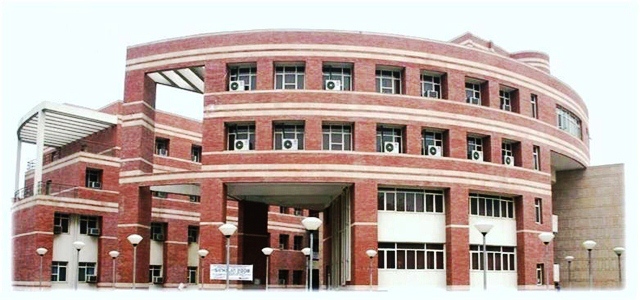


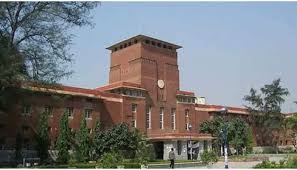

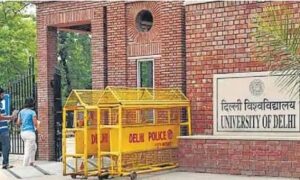



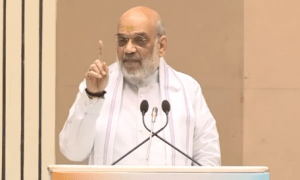



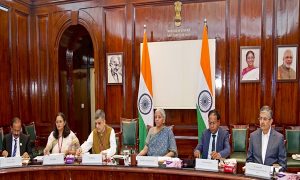

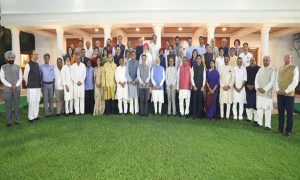





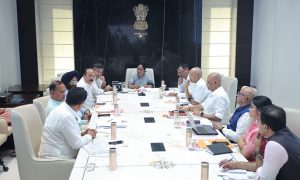





 WhatsApp us
WhatsApp us